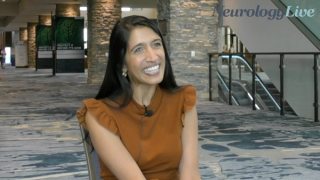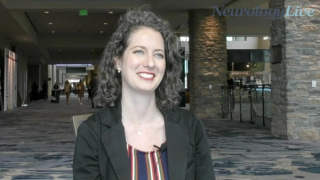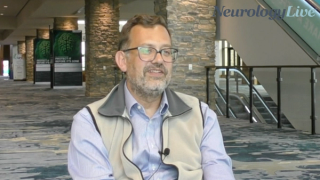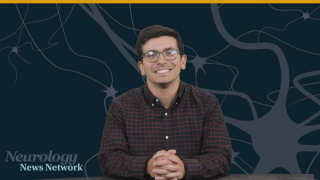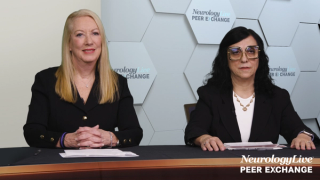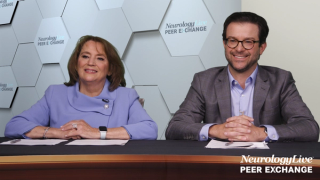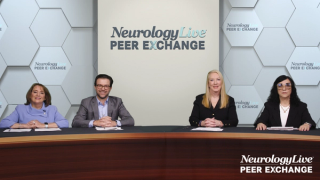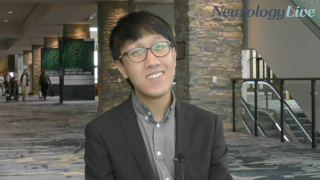
MS and Demyelinating Disorders
Latest News
Latest Videos
CME Content
More News

The agency requested modifications to the REMS program, seeking validation of patients’ meningococcal vaccination status and prophylactic administration of antibodies prior to giving ravulizumab treatment.

Preliminarily data from in vitro experiments demonstrated that cytomegalovirus antigenic peptides can activate peripheral antigen-specific T cells among patients with NMOSD.

Here's some of what is coming soon to NeurologyLive® this week.
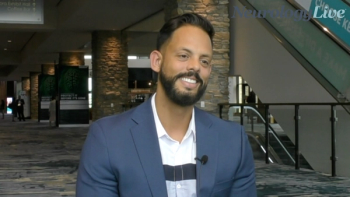
The associate professor in the department of population and quantitative health sciences at Case Western Reserve University School of Medicine talked about striving to understand and address the disparities among Latinx patients with multiple sclerosis. [WATCH TIME: 2 minutes]

Test your neurology knowledge with NeurologyLive®'s weekly quiz series, featuring questions on a variety of clinical and historical neurology topics. This week's topic is multiple sclerosis.
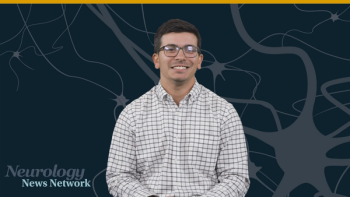
Neurology News Network for the week ending September 2, 2023. [WATCH TIME: 3 minutes]

Take 5 minutes to catch up on NeurologyLive®'s highlights from the week ending September 1, 2023.
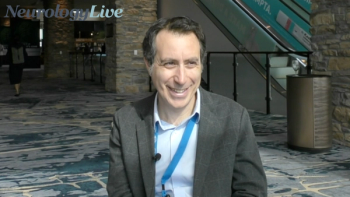
The associate professor of neurological sciences at the University of Vermont in Burlington discussed the persistent issue of delayed and misdiagnoses among patients with multiple sclerosis, highlighting the need to improve accurate diagnosis. [WATCH TIME: 3 minutes]

Social determinants of health are conditions that people are born into and live under that affect their health, and can greatly impact clinical outcomes as well as contribute to health disparities and inequalities.
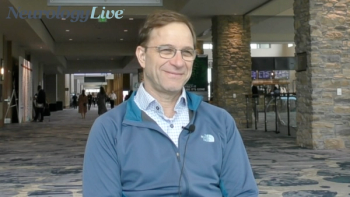
The Melissa and Paul Anderson President’s Distinguished Professor of Neurology, Perelman School of Medicine, University of Pennsylvania, talked about the promising potential of BTK inhibitors in treating both relapsing and progressive forms of multiple sclerosis. [WATCH TIME: 6 minutes]

Although challenging, shared decision-making is a rewarding part of the practice of medicine. Involving patients in therapeutic decisions can improve patient autonomy and satisfaction—but it is not easy to implement.

Christy Sheehy, PhD, chief executive officer and cofounder of C. Light Technologies, talked about the FDA clearance of Retitrack—retinal eye-movement monitor—and how the device holds promise for facilitating more accurate ocular motor assessments at bedside.
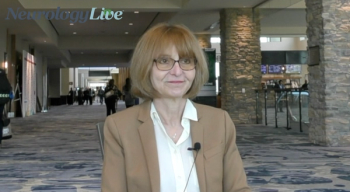
The professor of neurology at Washington University School of Medicine discussed the growing sense of hope among patients with progressive multiple sclerosis as providers gain an understanding in treating this form of the disease. [WATCH TIME: 3 minutes]
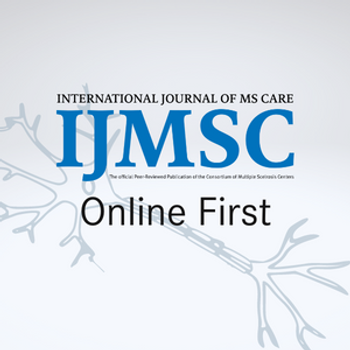
Here's the latest multidisciplinary MS research published online first in the International Journal of MS Care.

Here's some of what is coming soon to NeurologyLive® this week.
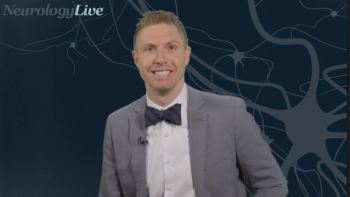
The director of pharmacy at Emory Healthcare and Winship Cancer Institute talked about the role of pharmacists in multiple sclerosis patient care and collaborating with providers as biosimilars become available. [WATCH TIME: 5 minutes]

Test your neurology knowledge with NeurologyLive®'s weekly quiz series, featuring questions on a variety of clinical and historical neurology topics. This week's topic is neuromuscular disorders.

Time to the first clinical event was significantly extended in the teriflunomide arm compared with placebo, in both the unadjusted and adjusted analysis.

Take 5 minutes to catch up on NeurologyLive®'s highlights from the week ending August 25, 2023.
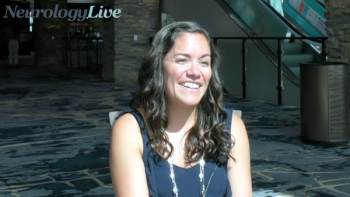
The neuromuscular and movement disorders speech-language pathologist at Orlando Health discussed strategies in managing the phases of multiple sclerosis for patients and the need for collaborative referral practices. [WATCH TIME: 5 minutes]

The injection therapy, branded as Tyruko, is indicated for the treatment of adults with MS, as well as those with severely active Crohn disease with inadequate response or tolerability to conventional therapy.

Autologous hematopoietic stem cell transplant was associated with a higher rate of recovery from disability than fingolimod and natalizumab, especially during the initial year posttreatment.
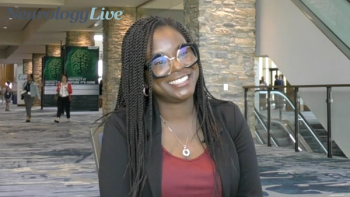
The assistant professor at Queen’s University discussed results from a pilot trial that evaluated the impact of a dyadic physical activity intervention among both caregivers and patients with multiple sclerosis. [WATCH TIME: 3 minutes]

According to a recent study, malnutrition is related closely to quality of life among patients with NMOSD, caused by a variety of physiological and psychological factors.
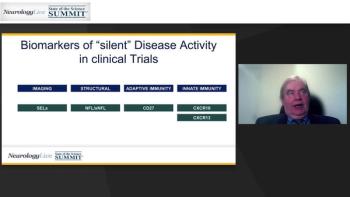
Experts share insights on the latest innovations in multiple sclerosis research, in highlights from a recent State of the Science SummitTM, presented by Neurology Live®.






